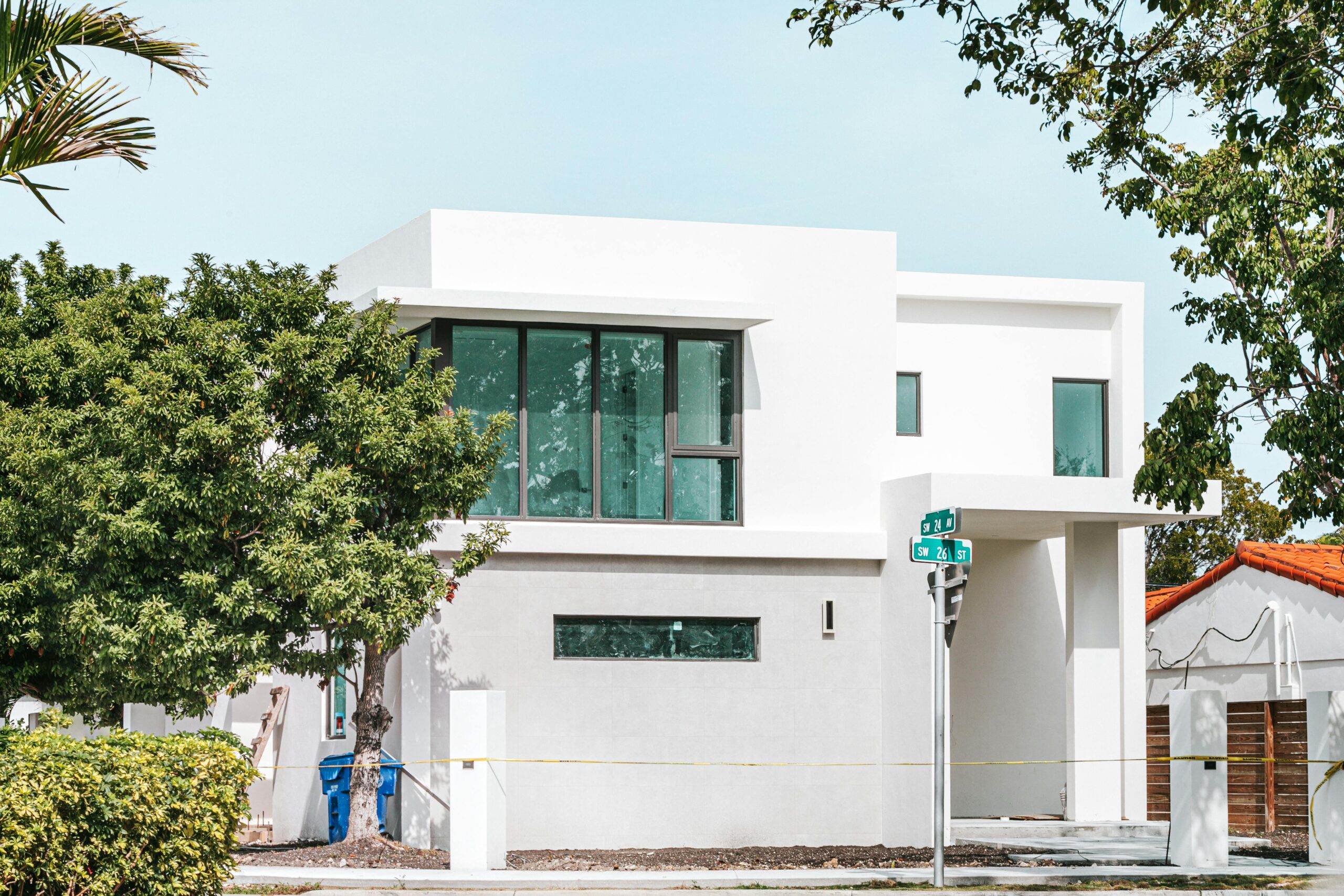
After years of explosive growth that saw home prices soar during and after the COVID-19 pandemic, the Florida real estate market is showing clear signs of cooling in 2025. While the state continues to attract new residents and maintain its appeal as a destination for retirees, remote workers, and investors, several key indicators suggest the market is transitioning from the breakneck pace of recent years to a more balanced and sustainable rhythm.
Current Market Conditions: A Tale of Stabilization
The most compelling evidence of cooling comes from recent price trends and inventory data. Florida’s housing prices decreased in the first half of 2025—cooling off slightly, marking a notable shift from the dramatic increases of the pandemic era. Current data shows mixed signals across different price points and regions, with median home price (single family): $415,000, down 2.7% from last year and median home price (condo/townhouse): $310,000, down 6.1% from last year.
These price adjustments reflect a market that’s recalibrating after the unprecedented surge of 2021-2022. The average Florida home value is $384,811, down 4.3% over the past year, indicating that the cooling effect is widespread rather than isolated to specific segments or regions.
Supply and Demand Dynamics: Finding Balance
One of the most significant indicators of market cooling is the improvement in inventory levels. In July 2025, there were 217,603 homes for sale in Florida, up 7.5% year over year, providing buyers with more options than they’ve seen in recent years. Perhaps more importantly, inventory (single family): a 5.6-month supply. That’s getting closer to a “balanced” market, representing a substantial improvement from the severe inventory shortages that characterized the market’s peak period.
This increased supply, combined with more measured demand, is creating conditions that favor buyers for the first time in several years. This is good for buyers, as just a year or so ago, the market heavily favored sellers with bidding wars and above-asking-price sales being the norm.
Regional Variations and Market Nuances
The cooling trend isn’t uniform across Florida’s diverse real estate landscape. Some regions are experiencing more pronounced adjustments than others. Redfin shows that the median price of a Fort Myers home was $392,500 in November, a 4.8% decrease from a year ago, while other metropolitan areas show different patterns of adjustment.
Central Florida, including the Orlando market, provides another example of regional variation. The local housing market is finally showing signs of cooling and balancing out, according to local real estate professionals who note that “real estate moves ever so fast, especially in Orlando. We have a unique market when you compare it to the rest” of the state.
Expert Perspectives: Soft Landing vs. Crash
Real estate professionals and economists are characterizing the current situation as a market correction rather than a collapse. “We’re seeing a soft correction in certain parts of Florida, not a crash,” said Danielle Hale, Chief Economist at Realtor.com. This sentiment is echoed throughout the industry, with experts emphasizing that while growth is moderating, the fundamentals supporting Florida’s real estate market remain strong.
Experts say no when asked whether Florida’s housing market is predicted to crash in the next two years. Instead, while growth may slow due to rising interest rates, Florida’s demographics and rebound predictions suggest a market with staying power.
The Post-Pandemic Adjustment
The current cooling represents a natural adjustment following the extraordinary circumstances of the pandemic era. A softening of the Florida housing market throughout 2025, predicted by a majority of housing experts, is the result of a series of dynamics set in motion since the start of the pandemic. The surge began when the rise of remote work during the health emergency allowed an influx of newcomers to relocate to Florida, creating unprecedented demand that drove prices to unsustainable levels.
Real estate across the Sunshine State for condos and homes is experiencing a slowdown in sales and a drop in prices. This comes after the COVID-19 pandemic powered a desire for Florida housing, pushing prices up and out of reach for some residents. The current adjustment is helping to restore some affordability and market accessibility.
Future Outlook: Stabilization and Gradual Recovery
Looking ahead, most analysts expect continued stabilization rather than dramatic swings in either direction. Home values across the state continue to rise steadily, though at a more moderate pace compared to the peak surges of 2021–2022, suggesting the market is finding its new equilibrium.
Florida housing market crash is not expected in 2025. Prices remain 80% above pre-Covid levels with sustained growth projected through 2025, indicating that while the market has cooled, it hasn’t reversed the gains made during the pandemic boom.
The trajectory appears to be toward gradual, sustainable growth. Instead of declines, we could see prices stabilize and then begin to tick upwards again, though likely at a much more sustainable pace than the 2020-2022 period.

Conclusion: A Market in Transition
Florida real estate market is indeed cooling down, but this cooling represents a healthy adjustment rather than a cause for alarm. The combination of modest price declines, improved inventory levels, and more balanced market conditions suggests that the state is transitioning from an overheated seller’s market to a more sustainable, balanced environment.
For buyers, this cooling period presents opportunities that haven’t existed in several years. For sellers, while the market may not offer the rapid appreciation and instant sales of recent years, Florida’s continued population growth, favorable tax environment, and lifestyle appeal ensure ongoing demand.
The current market cooling appears to be exactly what Florida needed: a period of adjustment that makes homeownership more accessible while maintaining the long-term strength that has made the state one of America’s most desirable real estate markets. Rather than a crash, this represents a soft landing that positions the market for sustainable growth in the years ahead.





